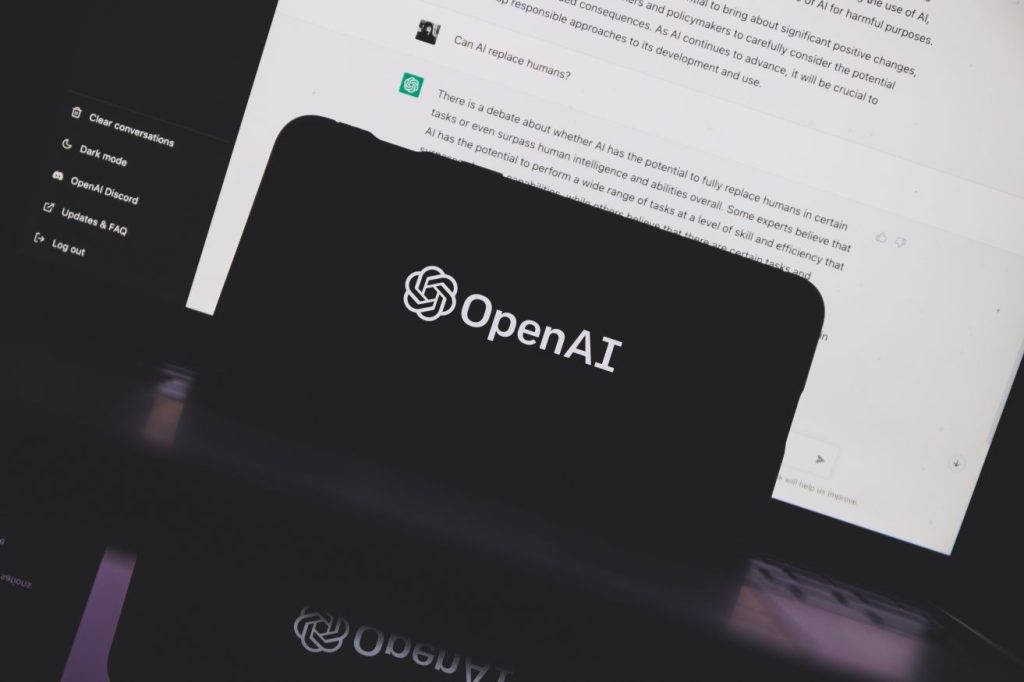ChatGPT is an incredibly powerful piece of technology, and even experts aren’t fully aware of its capabilities.
This has led many people to worry about their personal security when using the tool.
Can ChatGPT hack you, and how can you stay safe while using it?
In this article, I’ll cover everything that you need to know!
Can ChatGPT Hack You?

Thankfully, the answer is no. As long as you are using the official version of ChatGPT and do not type any personal information that can be used to compromise any of your accounts, ChatGPT is not able to hack you.
After all, it is simply a language model trained to deliver a response to a prompt. Its capabilities do not extend far beyond that, so even if you directly gave it your login information, it wouldn’t do anything with it.
The problem arises when you consider that technically, your inputs are logged and stored.
This means that technically, an OpenAI employee may be able to read over the conversation, and manually steal your login information if you were to give it to ChatGPT.
Or even worse, OpenAI may one day use user inputs to further train the AI. They aren’t doing this right now, but they could in the future.
While this is incredibly unlikely, it’s one of the reasons why OpenAI warns against putting personal information into the AI while using ChatGPT.
Fake ChatGPT Clients Are Abundant, However
Keep in mind, you are safest when using the official version of ChatGPT. The official ChatGPT app can be found on Apple’s App Store here, although an official Android app has yet to be released at the time of writing.
On Android, you can safely access ChatGPT by visiting Chat.OpenAI.com and logging in using your OpenAI account.
While third-party clients aren’t necessarily dangerous and may not lead to you getting hacked, there are additional security concerns – especially on Android.
For example, some of the fake apps may be cashing in on ChatGPT’s popularity, and directly installing malware (such as crypto miners) onto your device.
What’s far more likely however is that these fake clients are simply stealing information, or logging the prompts you type into ChatGPT before sending it off to the actual software. This would mean that this third-party app has a record of everything that you’ve typed in.
Unfortunately, there is no way to know for sure – even popular, trustworthy apps in the past have turned out to be malicious.
So, the safest thing you can do is to make sure you’re always using OpenAI’s official ChatGPT app, or using their official website to interact with ChatGPT.
ChatGPT Is Helping Hackers Create Malware
There is one other area where ChatGPT and hacking mix – and that is with the creation of malware.
ChatGPT is exceptionally good at helping people write code. In fact, even those without much programming experience are able to create workable software using ChatGPT alone.
Because of that, some people are unfortunately using it to create viruses and other malware used to infect people.
This is nothing new, and does not put you at any additional risk. After all, people could manually create these themselves before – it’s just easier now with ChatGPT.
As always, you should ensure that you’re following good security practices on your device, and avoid downloading or running software from developers that you do not trust.
This is especially true on Android and Windows, as these operating systems are particularly prone to viruses and other malware.
Conclusion
As long as you are using the official version of ChatGPT, you should be completely safe.
However, you should avoid typing in personal information that can identify you or compromise your accounts, as inputs may be read by OpenAI employees.
That being said, ChatGPT in itself does not have the capability to hack you, so you have nothing to worry about in that regard.
I hope that this article has provided some clarification. If you have any other questions about ChatGPT, ask them below and I’ll be happy to help.
Wishing you the best, and have fun!
– James McAllister
